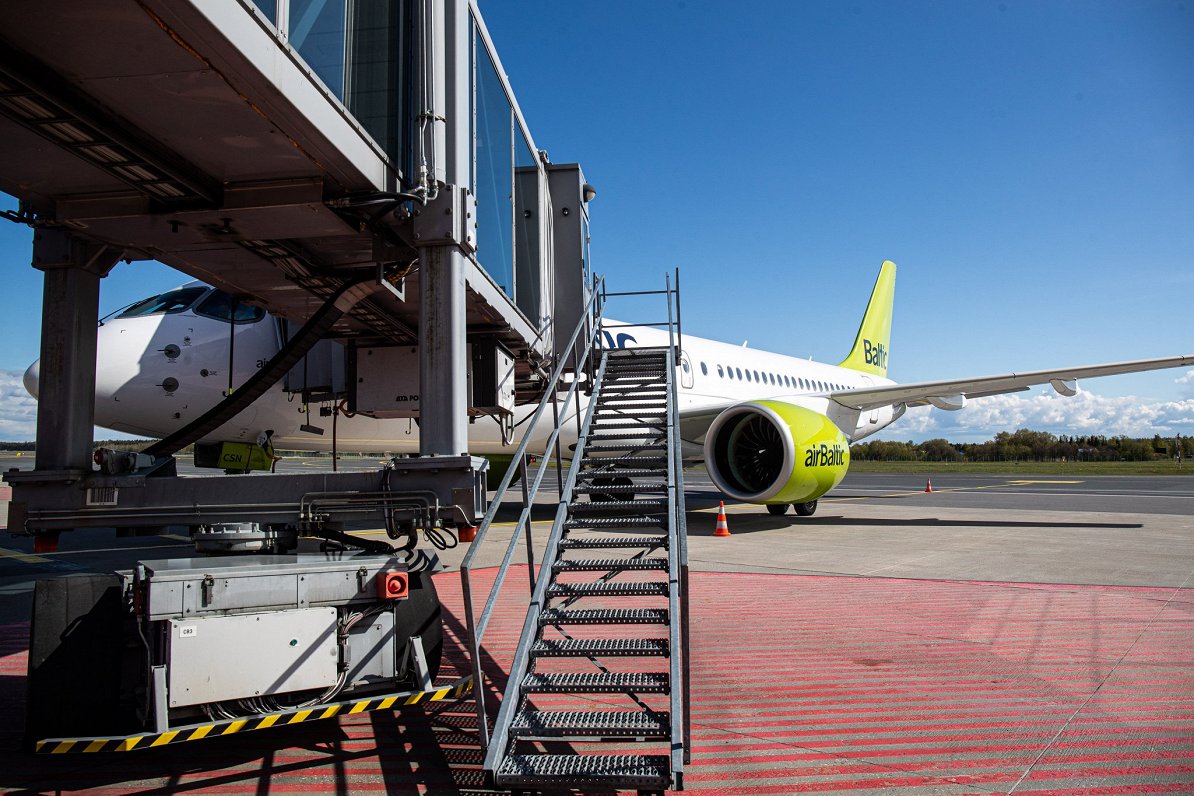When Latvia allowed flights to and from third countries, social network sites became more active with both tour operators and travelers, however, so far no charter flights from Rīga have travelled to Egypt, Turkey or any other holiday destinations in third countries.
“At the moment, since March 17, when flights with third countries have been resumed, two flights have arrived in Riga, which are regular passenger flights from Kiev, as well as business aviation flights, and in none of these cases has a person been found to have fallen ill,” said CAA's head of communications, Aivis Vincevs.
The Civil Aviation Agency said that the requirements are strict: without a negative Covid-19 test, it is not possible to board the plane. No breaches have been identified when checking compliance.
The number of third-country travelers is currently small, with a downward tendency, and it is presumed that people are mostly moving for important reasons. On the other hand, those who have traveled on holiday trips, while flights to third countries from Latvia were forbidden, used the airports of neighboring countries and crossed the border of Latvia by land.
Road travel is checked at random. Since January 1, a total of nearly 100,000 arrivals have been checked.
“96,950 people in the vicinity of internal borders had filled in electronic certificates and 1,442 had not,” the State Border Guard spokeswoman Kristīne Pētersone said.
Whether the arrival complies with self-isolation shall be checked by the State Police together with the local government police. Right now more than 22,000 people have to be monitored by the police.
“One hundred percent of people who have to be in self-isolation cannot be controlled, let us be realistic,” said Normunds Krapsis, State Police representative.
“The control and requirements for those arriving via air traffic are currently rather high and the risks could be lower than with those traveling by land, as it is clear that border controls have not been restored,” Krapsis said.
The State Police pointed out that this obligation should be combined with all other police functions, so the travelers are mostly contacted by telephone. Since the beginning of the state of emergency, the police have checked self-isolation around 30,000 times.





























